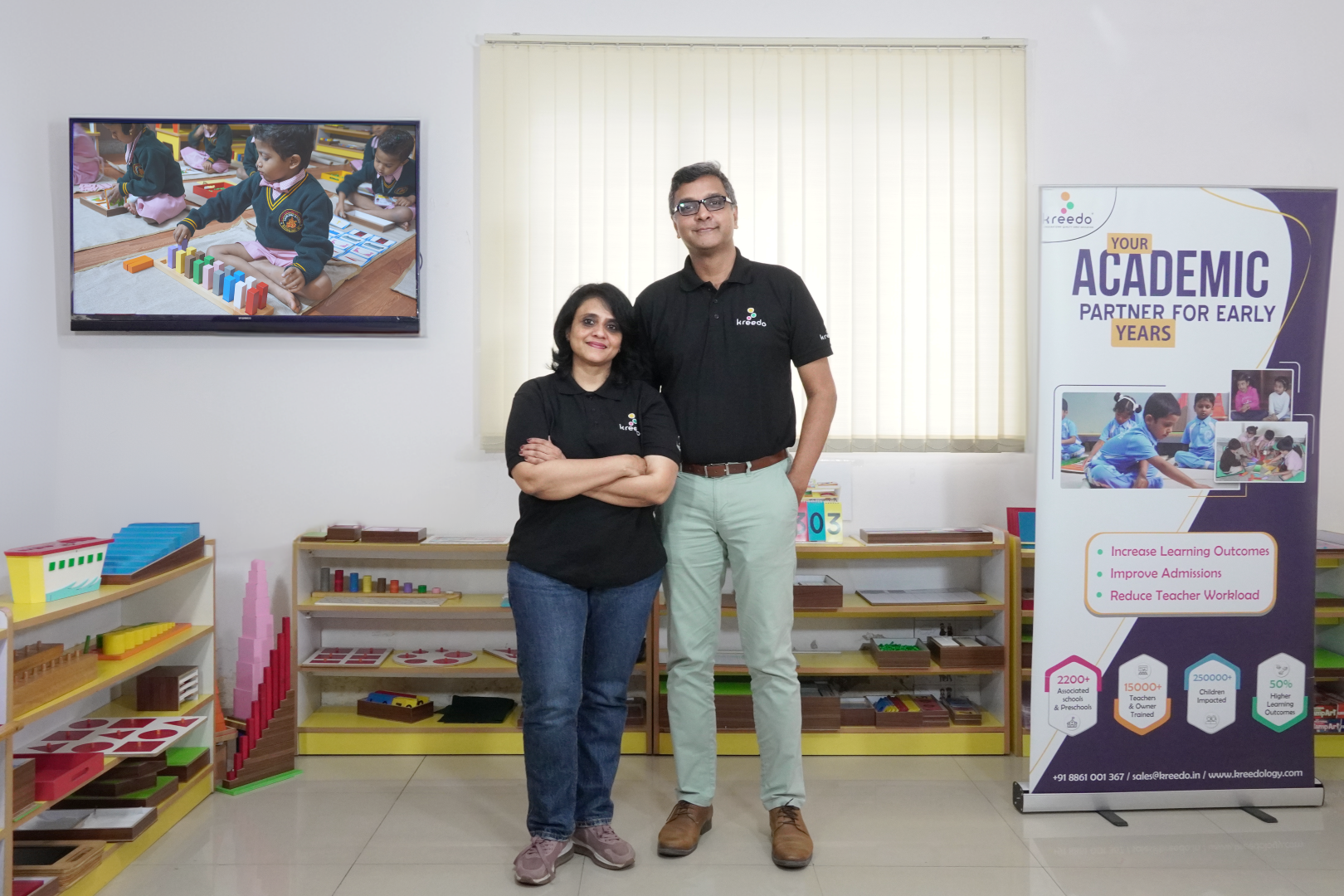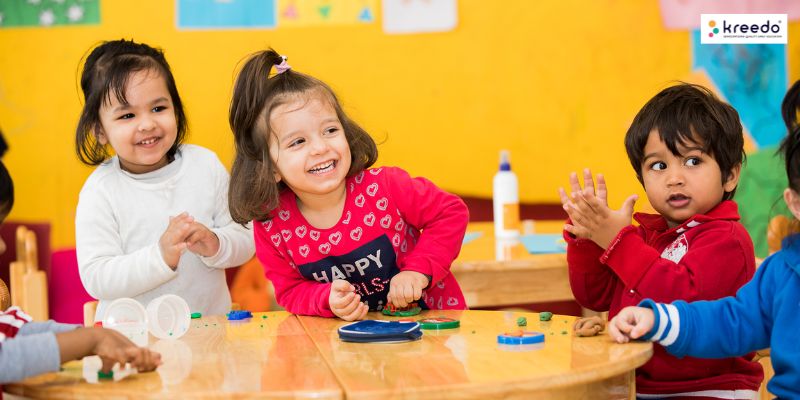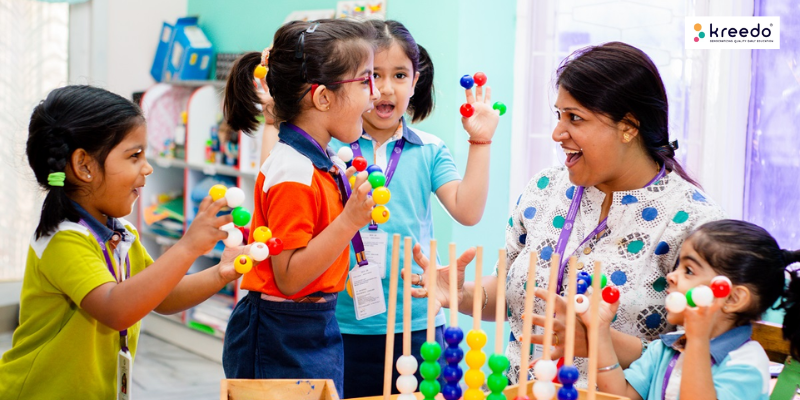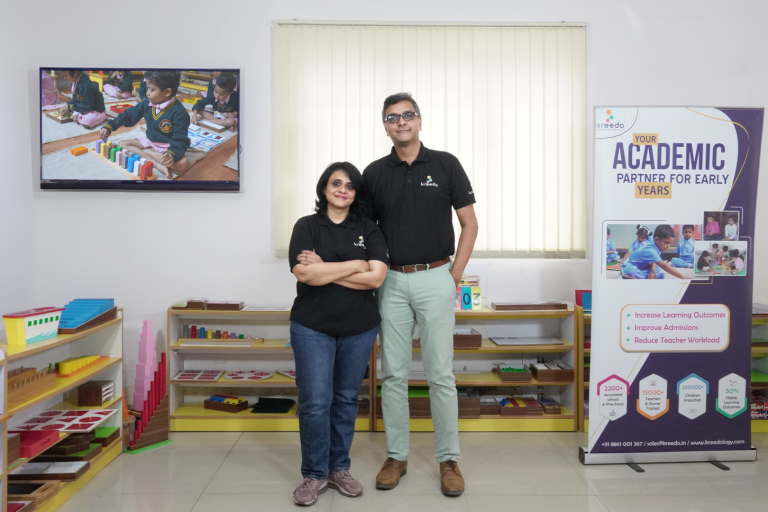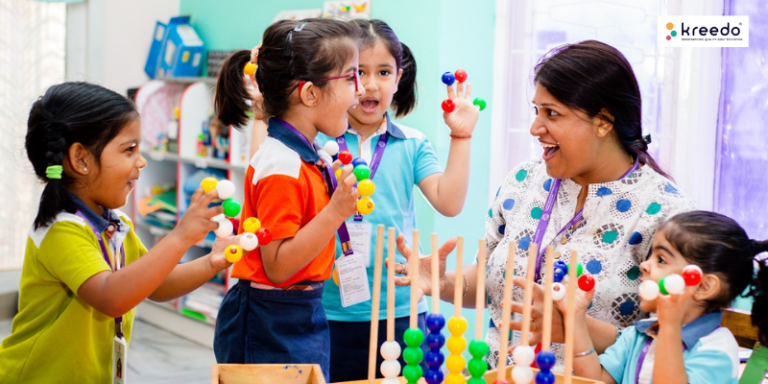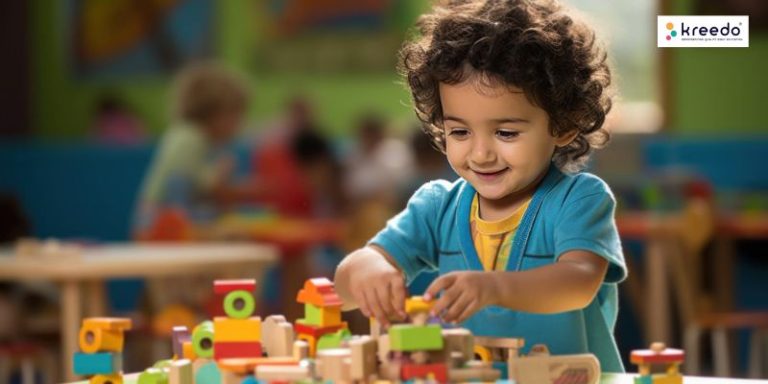Ensuring the well-being of children at a day care preschool should be the top priority for caregivers and parents who entrust them with the responsibility of helping their children develop. Creating a positive and safe environment is crucial for emotional and physical well-being. A timely routine and multiple activities are important to ensure that children are helped along their journey to become better children.
What is Well-being? Why is it Important?
The term well-being is usually mistakenly thought of as either physical or mental health. It actually refers to physical, mental, emotional, and social health. Each one of these factors plays a vital role in developing positive thinking and good behavior to become exceptional adults later on in life.
Young children need to be started off with the best habits to promote good well-being early on in life. Being consistent and encouraging will be helpful in ensuring that this stays with the child throughout their life. Both educators and parents are responsible for this.

5 Tips to Improve Child Well-Being at Day Care Preschool
Children will always need to be given extra support and a platform for growth and positive well-being from a very young age. During this time everyone in the child’s life, even day acre preschool teachers and caregivers plays a role in accomplishing the goal.
Here are 5 ways that a preschool and all its staff including owners are able to effect change and contribute towards a child’s well-being.
Ensuring Prompt Caregiver Intervention
Young children are often already on edge when leaving the comfort of their homes to come to a new environment. Conflicts with other children or overwhelming situations can make a child fearful and emotional.
As a result, to ensure children’s well-being is maintained, caregivers need to step in and resolve conflicts quickly and be highly compassionate in helping children overcome their fears and anxiety.
Providing this additional support to young children will definitely be instrumental in helping to establish socio-emotionally strong children.
Physical & Mental Activity
Physical exercises will help children to become strong, and develop their bodies for activity. Besides, children of such a young age will not enjoy sitting still for long periods of time. Physical activity actually also helps to get the mind working as well, which works well to create complete exercise of the mind and the body.
Outdoor playing also helps to give children comfort in the outdoors, relieve stress, and foster positivity through positive thoughts. Additionally, play activities will lead to engagement between all the children and caregivers, giving children the ability to mix with and socialize.
As a result of socializing, children will be able to harbour relationships not just with children at day care preschool but with family and relatives at home.
Safe Environment
Helping children to grow socially and skillfully requires them to first feel comfortable. A major part of making children comfortable revolves around ensuring that the environment they are in is actually safe and offers security.
Ideally, a day care preschool should be well-enclosed, away from motorists, and stray animals. Also, it should be boarded and curtained to ensure that caregivers and children have privacy while playing and learning to ward off shyness.
Also, the indoor environment has to be child-proofed. Any potentially dangerous objects have to be removed or kept out of reach, this includes certain chemical items would could prove to be toxic if ingested.
Regular Food & Drink
At home, parents ensure that their child is effectively eating and drinking enough to ensure their energy levels are constantly up. But, who is put to this task at a day care preschool?
Preschool teachers and caregivers are tasked with ensuring that children eat and drink in a timely manner. Usually, a predetermined time is set for children to drink and eat, which makes the task slightly easier for teachers/caregivers. However, the teachers must be vigilant to check all children are eating and drinking enough, doing so will ensure physical well-being.
Taking a few extra steps to ensure the few children who are not eating or drinking well start to eat and drink better will greatly improve their well-being. Perhaps you may notice that some children aren’t as energetic as others, it could a due to insufficient energy due to odd intake of food and water.
Correcting eating habits will lead to healthier physical and mental capabilities, to mention mood as well.

Rest & Sleep
Rest is crucial to children as they tend to tire out rather fast! You may find that they will even need to sleep if they get tired enough. Rest and sleep are essential elements for the physical and mental well-being of children.
A day care preschool could work to make a routine that would enable children to replenish after activities every day. Together with food and activity, rest and sleep make up the building blocks of a healthy child.
Conclusion
Parents, caregivers, and day care preschool owners must share the responsibility of improving and building up the well-being of children. Safety, compassion, nutrition, support, rest, and physical and mental activity all form key components to desirable well-being. Together, everyone can work to provide an ideal platform to support children and nurture a foundation for emotional and physical needs. Thus, creating a bright future for children to be successful learners.
FAQs
Q.1) Can a preschool promote emotional and social well-being?
Ans. Yes, a preschool can promote well-being in children by offering encouragement to children to participate in activities that help develop empathy, self-confidence, self-expression, and more skills that help them develop.
Q.2) What are some things preschools can do to promote safety?
Ans. Safety measures that can be enforced by preschool owners include surveillance cameras, walls, and gates, and security personnel. Additionally, preschools need to practice safety protocols for emergency situations such as fire or natural disasters.
Q.3) What aspect of well-being can preschool help children with?
Ans. Preschools play a huge role in helping children to establish complete well-being. Well-being refers to health, emotional, social, and safety well-being, and preschool is the first step to developing each of these parameters. Caregivers must offer encouragement, ensure nutrition, and also ensure learning.


